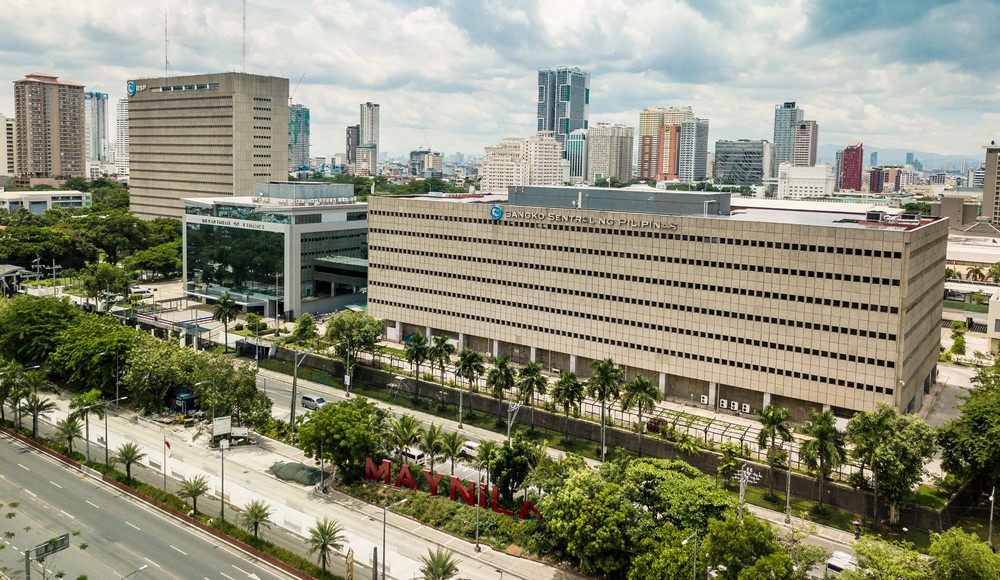The Monetary Board of the Bangko Sentral ng Pilipinas (BSP) has greenlit a total of US$3.81 billion in foreign borrowings by the Philippine public sector for the third quarter of 2024.

This figure marks a significant 36% increase compared to the $2.81 billion approved during the same period in 2023, reflecting a growing reliance on international funding to support key national projects and programs.
The approved borrowings consist of one bond issuance worth $2.50 billion, two project loans totalling $535.97 million, and a program loan amounting to $778.59 million.
According to a media advisory from the Monetary Board, these funds will go toward financing a range of initiatives, from general budgetary needs to projects focusing on maritime safety, agrarian reform, and environmental protection.
PH Monetary Board breaks down the borrowings

The largest component of the approved foreign borrowings is the US$2.50 billion bond issuance, which will help finance the Philippine government’s general budget.
Additionally, the bond will fund the financing or refinancing of assets under the country’s Sustainable Finance Framework, aimed at promoting environmentally sustainable projects in alignment with global climate goals.
The two project loans, which total US$535.97 million, are earmarked for specific initiatives that aim to boost the country’s development.
The first project loan, amounting to US$448.41 million, will support maritime safety and other related services. The second, valued at US$87.56 million, will go toward agrarian reform, an ongoing priority for the government in its efforts to boost agricultural productivity and rural development.
Finally, the program loan worth US$778.59 million will be directed toward broader national goals, such as economic recovery, environmental protection, and climate resilience. This aligns with the government’s long-term strategy to address the economic and environmental challenges brought on by global climate change, as well as the lasting impacts of the COVID-19 pandemic.
Legal framework for foreign borrowings

All foreign borrowings by the Philippine government, its agencies, and government financial institutions must go through a stringent approval process as stipulated by the country’s legal framework.
Section 20 of Article VII of the 1987 Philippine Constitution mandates that any foreign loans contracted or guaranteed by the national government must receive prior approval from the BSP’s Monetary Board.
This regulation ensures that the country’s foreign debt remains sustainable and that borrowed funds are used judiciously to advance national interests.
In addition, Letter of Instructions No. 158, issued on January 21, 1974, requires that all foreign borrowing proposals be submitted to the Monetary Board for approval before negotiations commence.
The BSP plays a crucial role in this process by ensuring that the government’s external debt obligations are kept within manageable limits. This, in turn, supports the sustainability of the country’s overall debt portfolio, helping the Philippines maintain its financial stability in the face of increasing global uncertainties.
Focus on economic recovery and environmental resilience
The increased foreign borrowings come at a time when the Philippine government is intensifying its efforts to rebuild the economy following the setbacks caused by the pandemic.
The US$778.59 million program loan will support the government’s economic recovery initiatives, focusing on key areas such as job creation, environmental sustainability, and the promotion of climate resilience.
According to the Monetary Board, this loan is particularly crucial as the Philippines is one of the countries most vulnerable to climate change. Rising sea levels, stronger typhoons, and other natural disasters pose significant risks to the country’s infrastructure and agriculture.
As a result, the government has prioritized projects that not only stimulate the economy but also bolster the country’s capacity to withstand environmental shocks.
Moreover, the funds for maritime safety, supported by the US$448.41 million loan, will address a critical need for the Philippines, which is an archipelagic nation heavily reliant on its maritime industries.
Enhancing maritime safety and related services will not only boost trade and transport but also safeguard lives and livelihoods in coastal communities.
Strategic use of borrowings for national development
The Monetary Board’s approval of these foreign borrowings reflects a strategic approach to using international financing for national development. In its latest BOP projections, the Monetary Board highlighted optimistic economic growth and global expansion, with the central bank expecting the balance of payments (BOP) to register a surplus of USD 1.6 billion this year.
By tapping into foreign loans, the government can fund important projects that are essential for economic growth, environmental protection, and social development without overburdening the national budget.
At the same time, the BSP remains committed to ensuring that the Philippines’ external debt is managed prudently.
Through careful oversight and the strict approval process for foreign borrowings, the BSP aims to maintain a healthy balance between accessing necessary funding for development and safeguarding the country’s financial stability.
With the Monetary Board approving foreign loans for the third quarter of 2024, the Philippine government is better positioned to pursue its goals of sustainable growth, climate resilience, and improved public services — all of which are critical for the country’s long-term prosperity.







